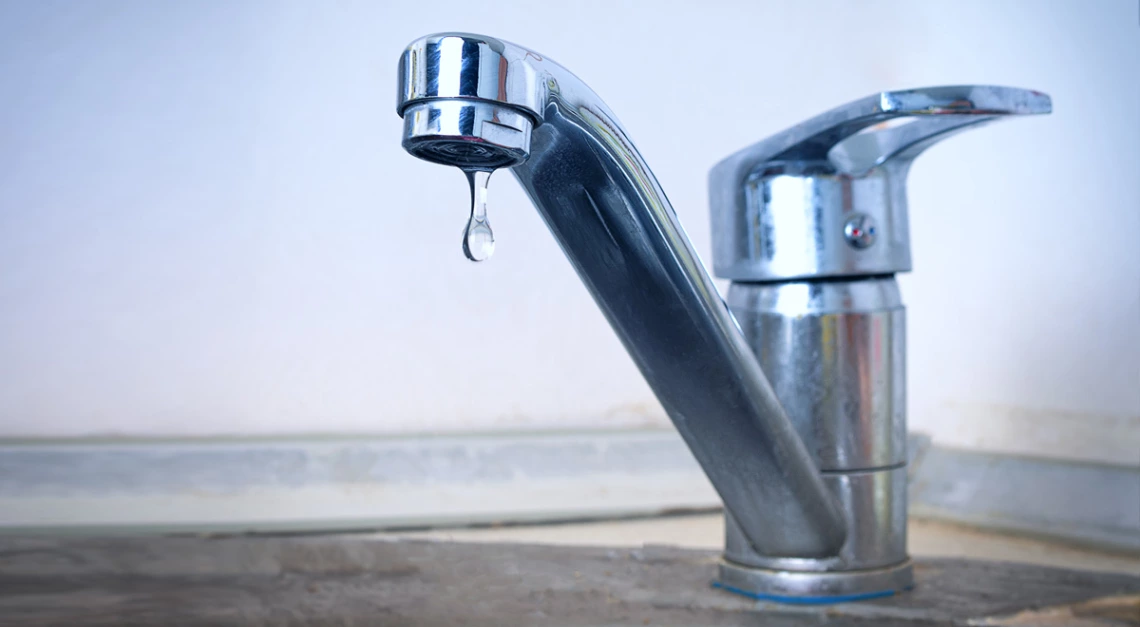Thousands in Phoenix Living without Running Water

The Arizona Republic newspaper last Sunday drew on a recent report about plumbing poverty for a feature article on the subject. The report, co-authored by Kings College London professor and UArizona alum Katie Meehan, looked in depth at urban plumbing poverty in the United States. Meehan received her PhD from the UArizona Department of Geography and Development in 2010 and began her study of plumbing poverty while in Arizona. The Kings College London report estimated that throughout metro Phoenix, at least 6,200 households live with incomplete plumbing, meaning they lack hot and cold running water, an indoor shower or bathtub, a flush toilet, or some combination. Another report from January, cited in the article, found more than 9,000 homeless people in Maricopa County, many of whom lack regular access to running water and sanitation. Lack of access to running water, exacerbated by the COVID-19 pandemic, is an ongoing problem in other parts of Arizona as well. A previous Weekly Wave story highlights efforts to provide safe water to vulnerable residents in the Navajo Nation.
In the Kings College London report, Meehan and coauthors found that in the US, 73% of the roughly 460,000 households without piped running water in their homes live in metropolitan areas. Of the 15 largest US metropolitan areas studied, Phoenix has the ninth-highest rate of residents living in plumbing poverty. New York City, Los Angeles, and San Francisco had the highest rates, but while New York City and Los Angeles have seen those levels decline, Phoenix’s rates were essentially unchanged from 2000 to 2017. The report found the highest plumbing poverty among renters, households of color, and areas where income inequality is expanding. The cost of water and utility shutoffs for non-payment drive some into urban plumbing poverty, the Republic reported. “Across the country, water utilities stopped shutoffs at the start of the COVID-19 pandemic, as public health experts emphasized the importance of handwashing to prevent the spread of the virus…. In Arizona, where water policy is decentralized, municipal water utilities have differed in timelines to start shutoffs again.” Some US cities are trying to permanently ban water shutoffs. To avoid total shutoffs, Phoenix uses low-flow devices that reduce water flow from 30 gallons per minute to just 0.4 gallons per minute.

